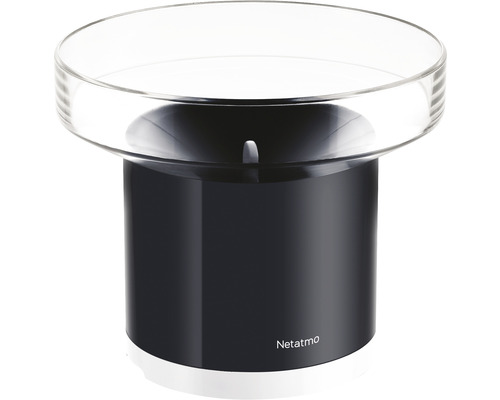Bob Lockwood:
The best thing I have found that has never failed to date is to just watch your local weather. If it states that there is even a chance of rain coming in I just don't setup, once it starts
to rain, it's too late. Most observatories have a weather system setup that will just shut down the entire complex for safety reasons if clouds start to roll in, they don't wait for it to
start raining, but most of them are in the middle of nowhere and can't depend on local weather forecasts. I know this doesn't help much if you live in an area where the weather changes so fast that your local weather station can't keep up, but it works for me.
I don't agree with that in every case. I won't generalize it this way. I use a weather forecast which seems to be quite accurate. But it sometimes fails. I'm doing this long enough to have at least a feeling for the weather in my region, now. Especially the nights are often different than expected by the forecast. In summer, it's often better at my place, in winter and spring it can go worse. It can go either way - good or bad. So far so good. Taking the risk is basically a personal choice and I get it.
The problem is, that clear nights are rare in some regions and I found, that I get significantly less data if I treat the weather like you suggested. But there are ways to make your equipment at least proof to light rain for a short while. I covered most of the electronics anyway to keep moisture away from it. We sometimes have a significantly amount of dew in the morning, which can get even worse than a bit of rain. So there are some simple and clever ways to protect your gear from the elements. Just get creative with it...
My rigs are out 24/7 for about 5 years now. They are usually covered with Telegizmo 365s. During all this time, I remember only 2 nights when I got surprised by the rain and had to cover everything quickly. On all the other nights, clouds are coming in slowly and your guiding program will alarm you anyway way before it gets critical. I just make sure, my mains power is really well protected. The electronics on my scopes is covered with aluminium foil which hides most of the water (But I did this mostly for sun protection in case I uncover them). The scopes and the mechanical parts are drenched with dew in the morning anyway. All these years, I never had any real problem with water. And I am not living in an astro photographer friendly environment.
I won't say, problems are impossible. But the risk for me is much less of a problem than I expected in the beginning. The missing subs would be far more problematic for my motivation

BTW, I am not sure if I would buy a rain detector again. I use a Hitec weather station deluxe which works fine (but I wouldn't necessarily recommend these days). I never had real benefits from the rain alarm. I got warned by PHD2 anyway way before the alarm of the weather station was triggered. This is 99% of the time. The question for me is, if the 2 other occasions when I got surprised by the rain is worth the money. With some homework to protect your gear, you propably are safe enough.
But as already said, this is absolutely a personal decision. I never would judge anyone for not agreeing with me. These are just my two cents...
CS
